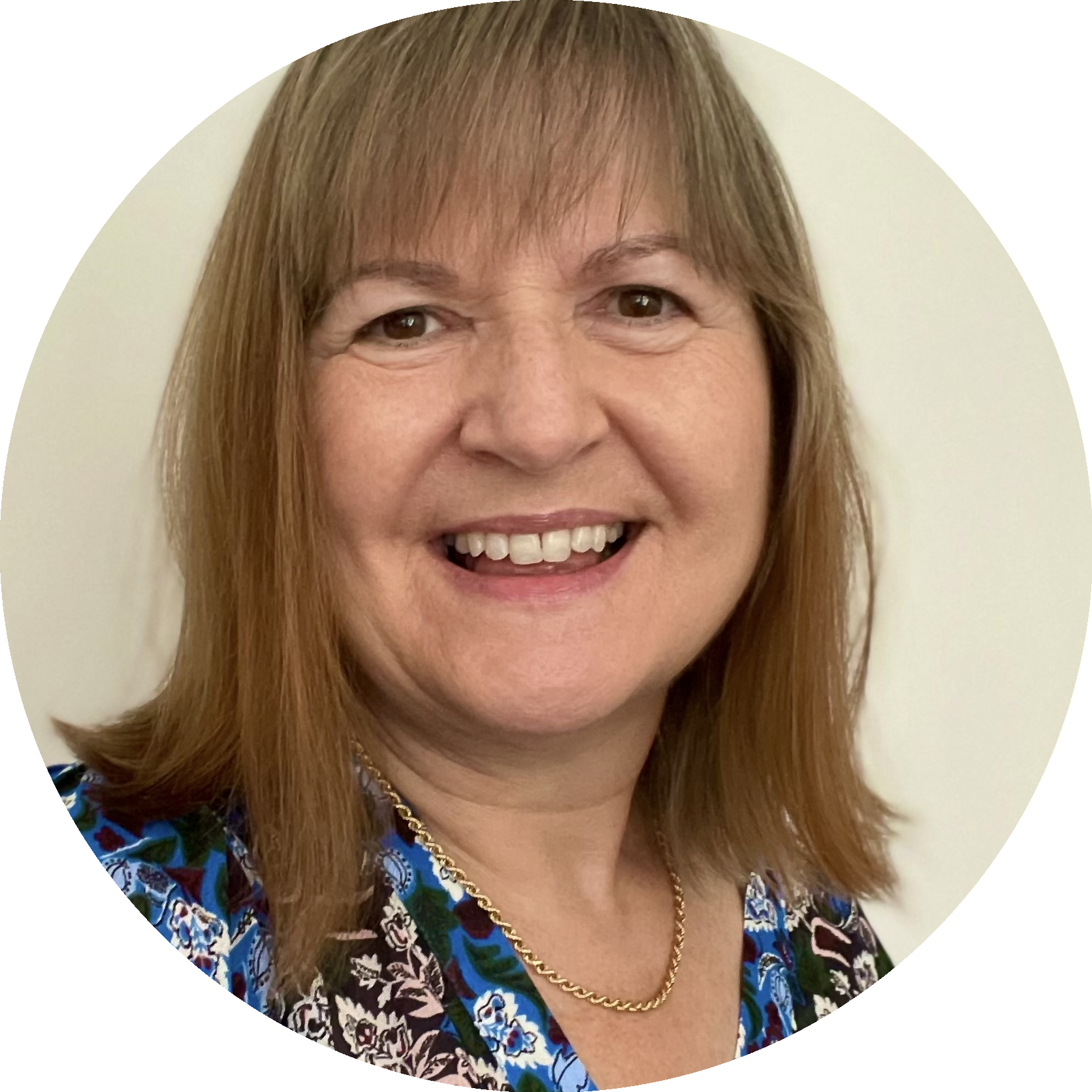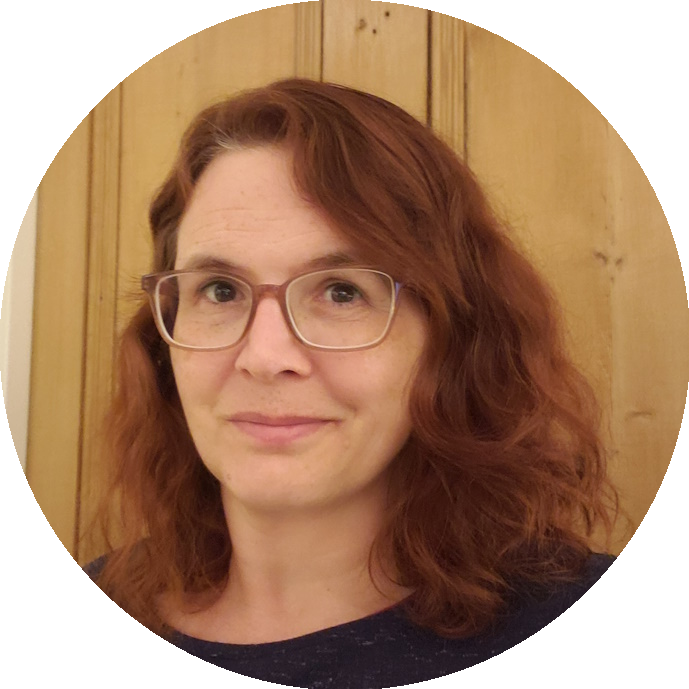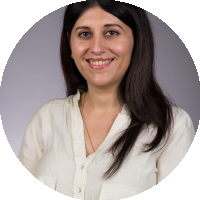The main objective of the project is to identify the patterns of practices, strategies, and struggle in reaching beneficial outcomes in disadvantaged young adults, such as those in NEET situations (not in education, employment, or training), across contexts reconfigured in the digital age.
Overview
Despite the pressing need to reduce digital inequalities resulting from the increasing digitalization of society such as working life and welfare services, there is a knowledge gap about beneficial outcomes of digital practices that can support disadvantaged young adults, such as those in NEET situations (not in education, employment, or training). This study, which will be conducted in Norway, contributes to filling this gap by investigating ways in which NEET young adults, specifically those from migrant backgrounds, deploy strategies and experience struggle to reach beneficial outcomes of digital practices in: a) the migrant NEET youths’ everyday life, b) a family context, and c) interaction with public welfare services. By focusing on these three central ecosystems in the lives of migrant NEET young adults, the main objective of the project is to identify the patterns of practices, strategies, and struggle in reaching beneficial outcomes across contexts reconfigured in digital age. By doing so, the project offers an intersectional framework for better understanding of what digital inequality signifies for migrant NEET young adults.
Academic impact is ensured by connecting scholars from different disciplines and methodologies to
collaborate on the objectives of the proposed project. DIGcapabilities will have a scientific impact on:
- socio-digital inequality research, and the knowledge gap regarding how multiple disadvantaged and socioeconomic backgrounds can intersect and create new forms of vulnerabilities influencing socio-digital inequalities and inclusion;
- methodological development in inclusive research methods in research on and with youth in disadvantaged situations;
- the findings will contribute to methodological development of modified Personas as a basis for conceptualizing of socio-digital inequality among migrant NEET youth. This provides sector-specific knowledge for practitioners;
- establishing an international network with competences on socio-digital inequalities and inclusion of youth in NEET situations.
International partners complement the Norwegian team (including IET) and ensure an interdisciplinary approach and complementary scientific backgrounds. The IET team comprises Agnes Kukulska-Hulme, Elizabeth FitzGerald and Koula Charitonos, who have extensive experience in technology-supported learning among migrants and disadvantaged populations. DIGcapabilities draws on Agnes and Elizabeth’s work in the innovative PRIME research project (2022-2025) which investigated the experiences of UK ethnic minority populations when they access online services in housing, health, and energy.
Funders
- Research Council of Norway
Partners
- NORCE (Norwegian Research Centre AS)
- Western Norway Research Institute
- Lusófona University


